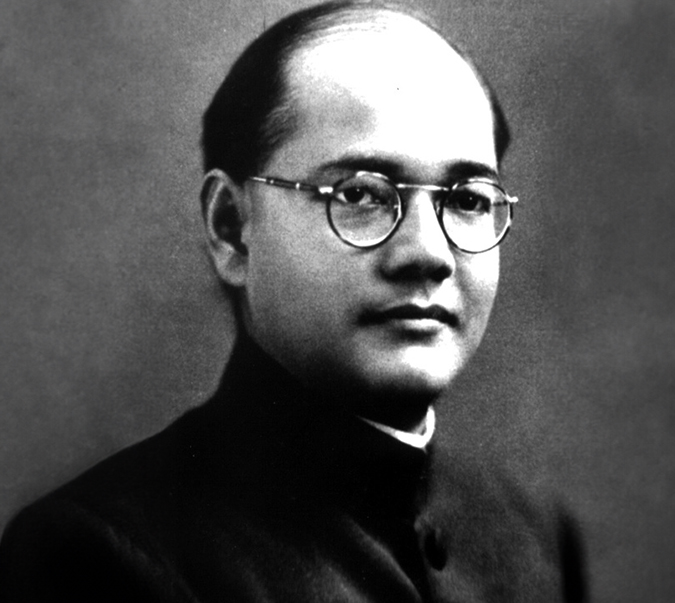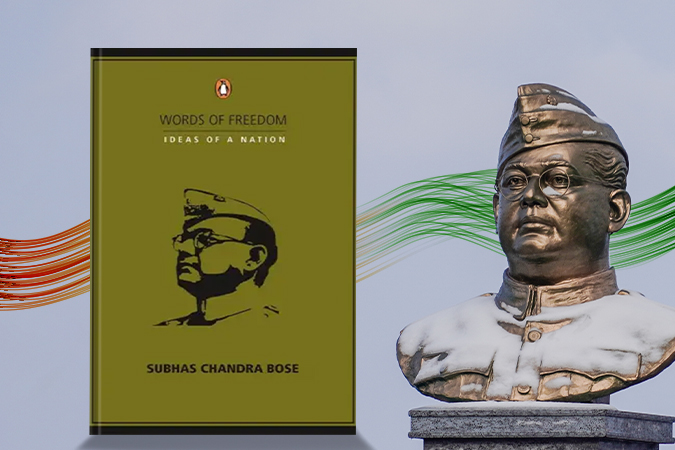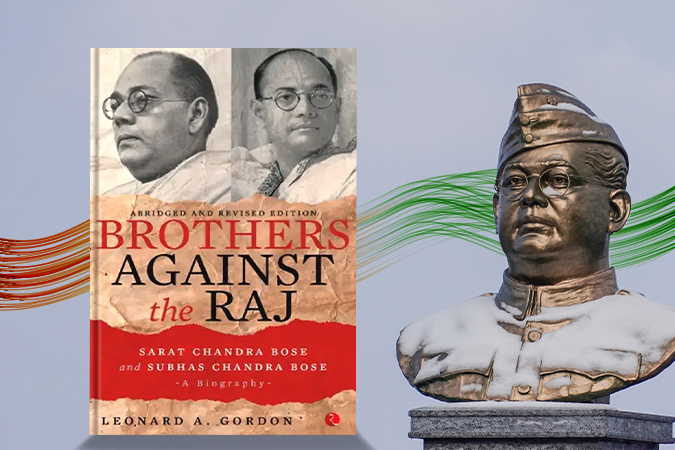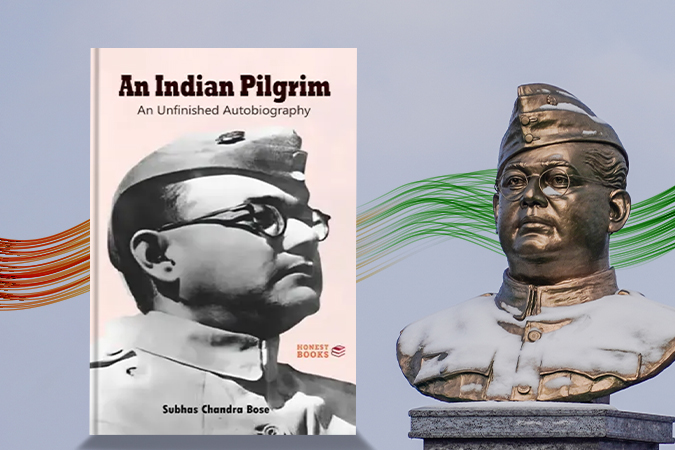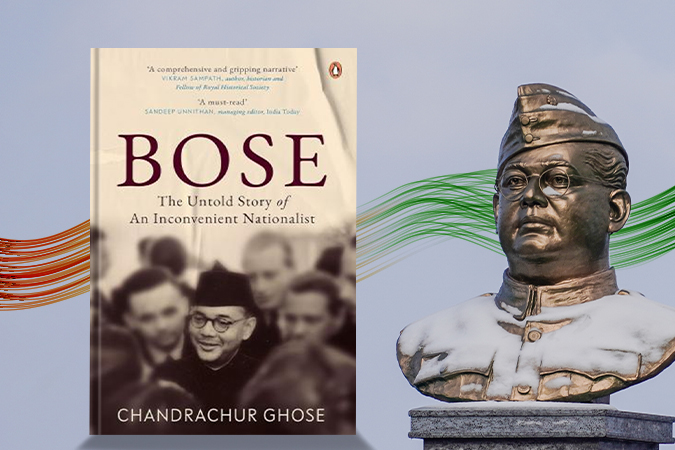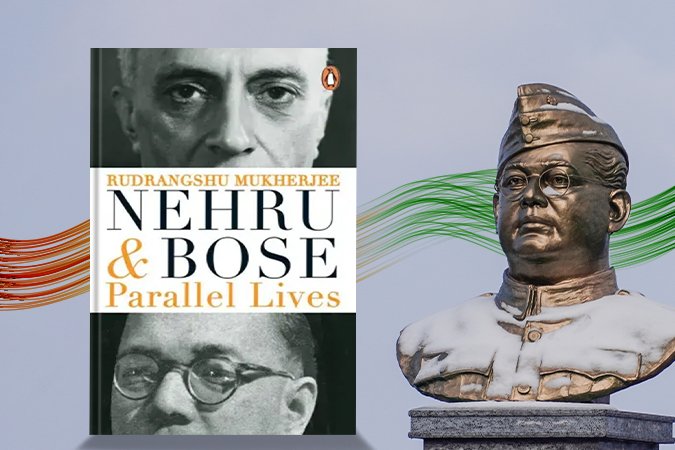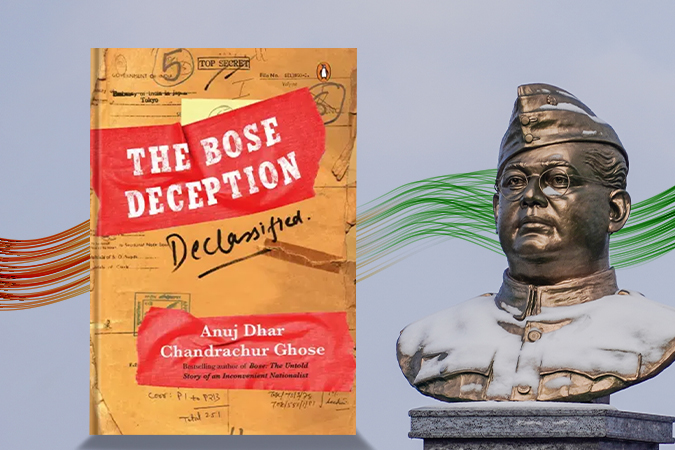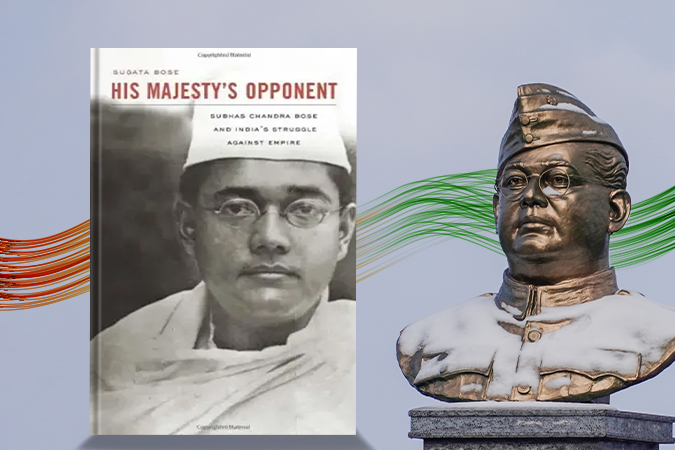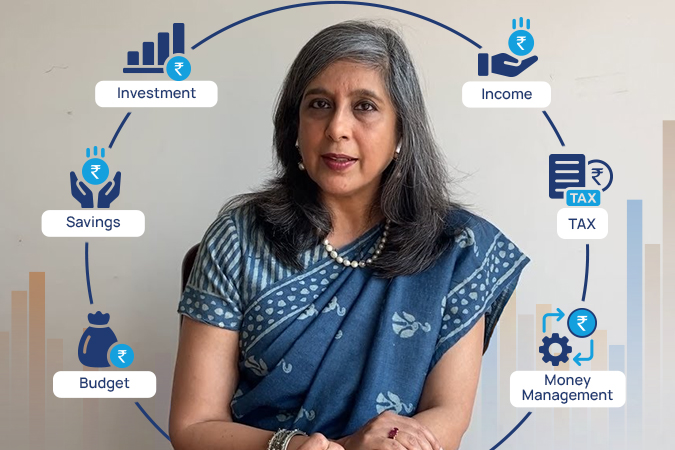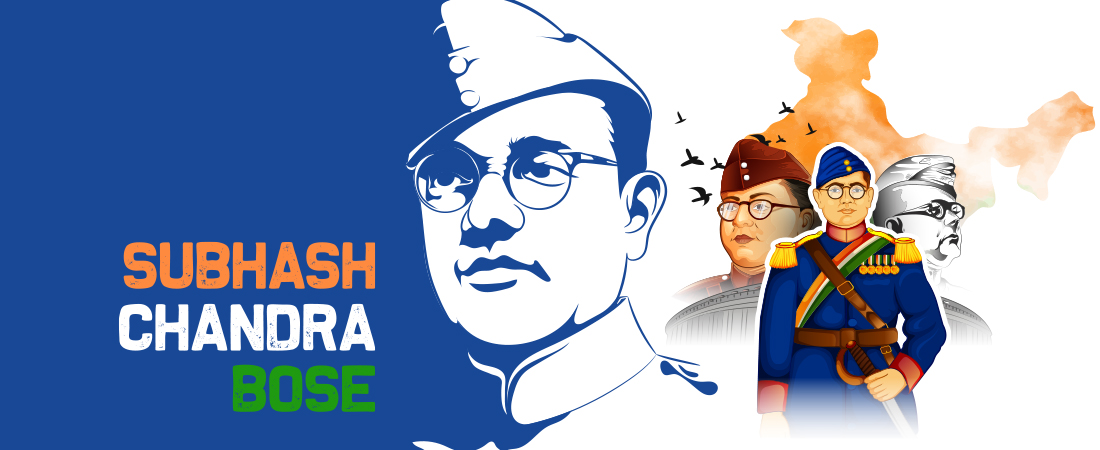
Netaji Subhas Chandra Bose’s life is a story of unparalleled courage and vision, capturing the imagination of every Indian. Born on 23rd January 1897, Netaji’s relentless pursuit of freedom and his radical approach to overthrowing British rule made him one of India’s most iconic leaders. Find more about him through this article about Netaji Subhas Chandra Bose biography, covering his remarkable life, his role in India’s independence and the enduring mystery of his death, specifically through some of these remarkable books on our list that illuminate his legacy.
Early life
Subhas Chandra Bose, fondly called Netaji, was born on 23rd January 1897 in Cuttack, Odisha, into a prominent Bengali family. His father, Janakinath Bose, was a respected lawyer, and his mother, Prabhavati Devi, was a devout homemaker. Bose excelled academically and was deeply influenced by the teachings of Swami Vivekananda, which shaped his patriotic spirit and desire to serve India.
Political Career
In 1920, Bose passed the Indian Civil Service (ICS) examination but resigned shortly after, as he believed serving the British government contradicted his principles. Joining the Indian National Congress (INC), he quickly rose to prominence, becoming its President in 1938 and 1939. However, his radical stance on achieving independence through armed struggle led to ideological clashes with Mahatma Gandhi, prompting Bose to form the Forward Bloc.
Rebellion
During World War II, Bose’s efforts took a dramatic turn as he escaped house arrest and sought international support for India’s freedom. In 1943, he established the Indian National Army (INA), rallying Indian soldiers and civilians in Southeast Asia to fight against British colonial rule. His leadership and the famous slogan, “Give me blood, and I will give you freedom,” inspired millions.
The Mystery of His Death
Tragically, Netaji’s life remains shrouded in mystery due to his reported death in a plane crash in August 1945 in Taiwan. Despite various investigations, the true circumstances of his disappearance remain unsolved, cementing his status as a legendary yet enigmatic figure in India’s freedom struggle.
These books that cover Netaji Subhas Chandra Bose biography, also offers unique insights into his philosophies, struggles, and indomitable spirit. Here’s a curated list:
This anthology showcases Netaji’s powerful speeches and writings, offering a glimpse into his vision for an independent India. Spanning a decade before independence, it captures his thoughts on unity, socialism, and the nation’s future. Netaji’s speeches to the Indian National Congress and the Azad Hind Fauj (INA) stand out, reflecting his revolutionary zeal and leadership. His modern ideas about industrialization and development make this book a compelling read for anyone interested in India’s progress during tumultuous times.
Highlight: Includes his iconic Haripura Congress speech (1938) and INA broadcasts.
By Leonard A. Gordon
This detailed biography chronicles the intertwined lives of Subhas and Sarat Bose, shedding light on their personal and political endeavors. Through meticulous archival research and over 150 interviews, the book delves into the Bose brothers’ significant contributions to India’s freedom struggle. The narrative contextualizes their lives within the turbulent global politics of the time, revealing how Subhas’ ideologies evolved. Gordon also explores the betrayals and obstacles they faced from colleagues within the Indian National Congress.
Highlight: Features insights from previously unpublished letters and documents.
This candid autobiography by Netaji provides a personal lens into his formative years. It covers his childhood in Cuttack, his experiences at Presidency College in Kolkata, and his time at Cambridge University. The book reveals his spiritual pursuits, inspired by Swami Vivekananda, and his momentous decision to leave the prestigious Indian Civil Service. Netaji’s reflections on the socio-political climate of India in the early 20th century make this an essential read for understanding his mindset and motivations.
Highlight: Offers rare insights into Netaji’s intellectual and spiritual journey.
By Chandrachur Ghose
This biography unearths lesser-known aspects of Netaji’s life, including his covert operations, influence on revolutionary groups, and his controversial ties with the Axis powers. The book critically examines the complex dynamics between Bose and other political leaders, including Gandhi and Nehru. Chandrachur Ghose presents newly declassified information that reveals Bose’s strategic brilliance and his relentless fight for India’s freedom despite political alienation.
Highlight: A deep dive into Netaji’s controversial alliances and revolutionary activities.
By Rudrangshu Mukherjee
This book explores the complex and often strained relationship between Jawaharlal Nehru and Subhas Chandra Bose. Mukherjee examines their contrasting political ideologies—Nehru’s alignment with Gandhian non-violence versus Bose’s militant approach. Despite their differences, the book highlights moments of mutual respect and shared goals for India’s independence. It also delves into Gandhi’s preference for Nehru as his political heir, sidelining Bose.
Highlight: Captures the ideological clashes and camaraderie between two towering leaders.
By Anuj Dhar
Anuj Dhar investigates the mystery surrounding Netaji’s alleged death in a plane crash in 1945. Drawing from over 1,300 declassified files from India, the UK, and Taiwan, the book questions the official narrative. Dhar explores conspiracy theories and reveals shocking details about the British and Indian governments’ attempts to suppress information about Netaji. This book is essential for readers intrigued by one of history’s most enduring mysteries.
Highlight: Offers a comprehensive analysis of the declassified files and their implications.
By Sugata Bose
This definitive biography examines Subhas Chandra Bose’s life and legacy, focusing on his nationalist fervor and global vision. Sugata Bose contextualizes Netaji’s political and military strategies within the broader struggle for India’s independence. The book vividly portrays his formation years in Calcutta, his international exile, and his leadership of the Indian National Army during World War II.
Highlight: Based on family archives, it offers an intimate yet authoritative account of Netaji’s life.
For those who wonder “Who was Netaji Subhas Chandra Bose?” or “What makes him relevant today?”, these books provide not just answers but a deeper appreciation of his vision for India. Through them, we learn about a man whose dreams and sacrifices laid the foundation for a free India.

